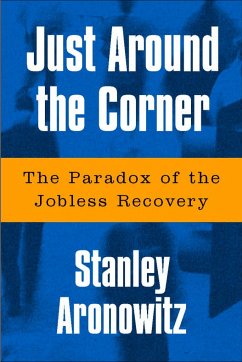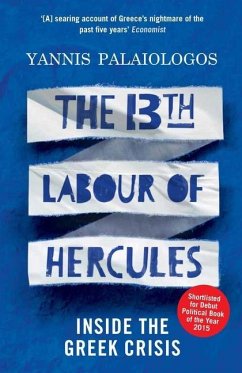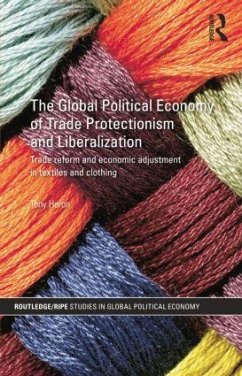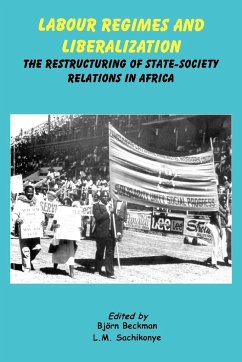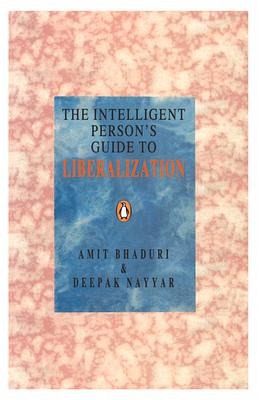
Intelligent Person's Guide to Liberalization
Versandkostenfrei!
Versandfertig in über 4 Wochen
15,99 €
inkl. MwSt.

PAYBACK Punkte
8 °P sammeln!
A lucid analysis of the 'revolutionary' changes in the Indian economy Faced with a major economic crisis in 1990-91, the government responded by initiating far-reaching policy reforms aimed at opening up the country's economy. Since then there has been little discussion on key issues and much political posturing. In this important book two of India's leading economists rescue the current economic debate from jargon and dogma and present it in language accessible to ordinary Indians who, finally, must bear the brunt of the reforms. Cutting through the euphoria and hype that prevent any serious ...
A lucid analysis of the 'revolutionary' changes in the Indian economy Faced with a major economic crisis in 1990-91, the government responded by initiating far-reaching policy reforms aimed at opening up the country's economy. Since then there has been little discussion on key issues and much political posturing. In this important book two of India's leading economists rescue the current economic debate from jargon and dogma and present it in language accessible to ordinary Indians who, finally, must bear the brunt of the reforms. Cutting through the euphoria and hype that prevent any serious appraisal of liberalization, they highlight the advantages of a free market as also the grave dangers of unquestioning reliance on market forces in a developing country which is home to the largest number of the world's poor. They argue for a flexible system that will adapt to changes in society and polity, a system where both the market and the State must play a role. Eschewing the extreme positions of both the left and the right, this book seeks to encourage a serious reappraisal of the country's bold experiment with privatization, for, as the authors put it, 'doubt is as important as knowledge in the design of economic policy'.



